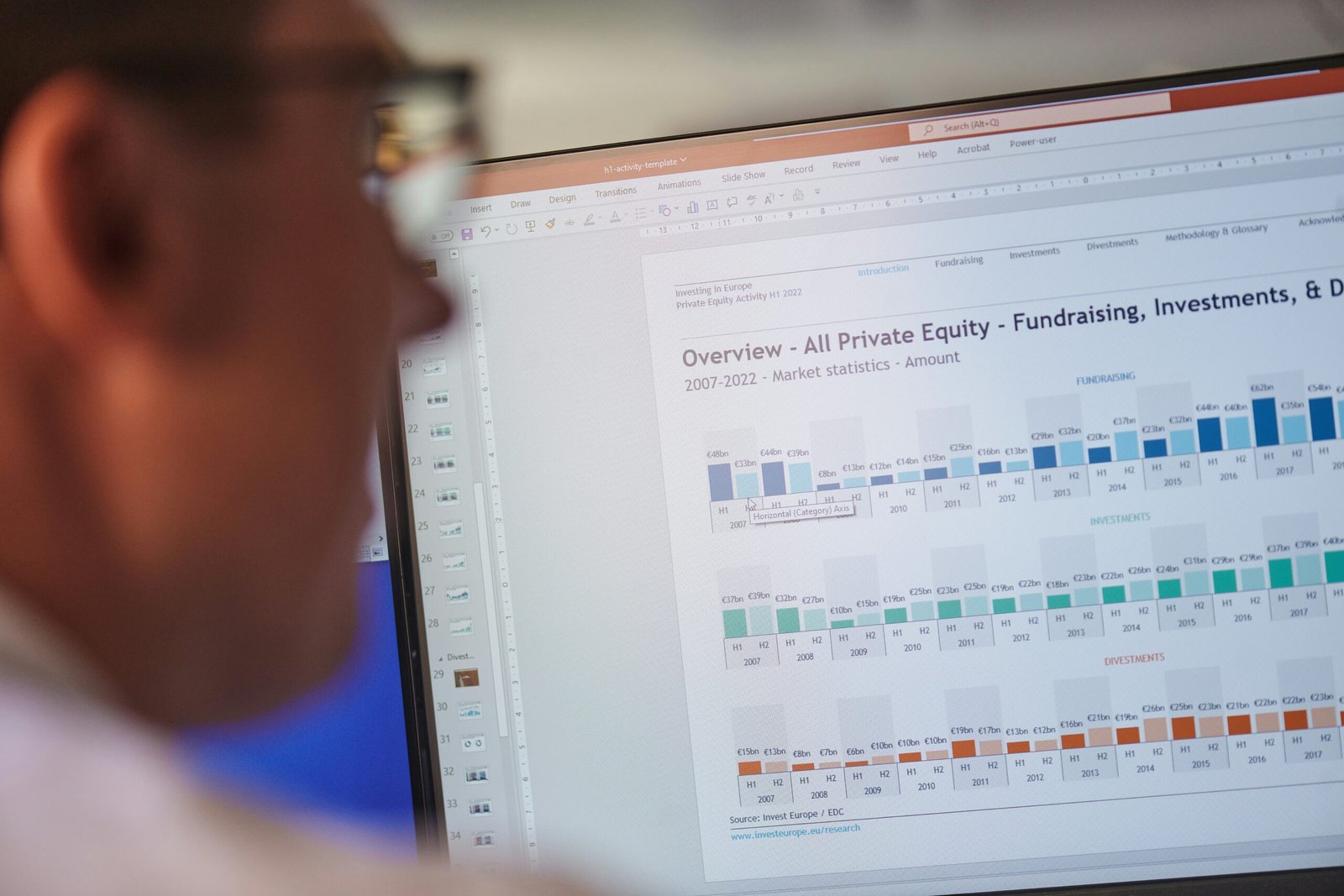Introduction to Global Compliance Trends
Global compliance refers to the adherence of businesses to a myriad of laws, regulations, and standards that vary significantly across jurisdictions and industries. In an increasingly interconnected world, the complexity of compliance requirements has risen sharply, making it vital for organizations to be proactive in their compliance strategies. Failure to adhere to these regulations can lead to severe consequences, including financial penalties, reputational damage, and legal repercussions. As companies expand their operations and market reach internationally, understanding the nuances of compliance across different regions becomes crucial.
The growing globalization of commerce has led to a landscape where regulatory frameworks are not only more convoluted but also constantly evolving. Organizations must navigate local laws, international treaties, and sector-specific regulations, all of which require a nuanced approach to compliance. This increasing complexity is compounded by technological advancements, which present both opportunities and challenges in terms of regulatory oversight. For example, the rise of digital currencies and online platforms has led to the emergence of new regulations aimed at ensuring fair practices and consumer protection. These developments necessitate that businesses stay attuned to these changes to maintain compliance and mitigate risks.
The objective of our recent survey was to gauge the anticipated trends in global compliance by the year 2025. We aimed to identify key areas where organizations foresee a significant shift in compliance demands and examine how they plan to adapt their strategies accordingly. The survey, conducted among various stakeholders in the business environment, employed a mixed-method methodology to gather diverse insights. By consolidating the data, we aim to provide a comprehensive understanding of the future of compliance, equipping businesses with the knowledge necessary to navigate the complexities of a globalized market effectively.
Key Findings from the Survey
The 2025 survey on global compliance trends has yielded significant insights that illustrate how organizations are evolving their compliance practices. A predominant trend is the increased automation of compliance processes, which reflects a shift towards efficiency and accuracy in managing regulatory requirements. By automating routine tasks, businesses are not only minimizing errors but also freeing up valuable human resources to focus on more strategic initiatives within compliance. This growth in automation is largely driven by advancements in technology which streamline complex compliance workflows.
Moreover, the rise of compliance technology, also known as RegTech, is revolutionizing the compliance landscape. Organizations are increasingly investing in sophisticated tools designed to facilitate compliance management, monitoring, and reporting. By leveraging artificial intelligence and machine learning, RegTech solutions enable companies to stay ahead of regulatory changes and enhance their decision-making capabilities. The survey indicated that more than 60% of respondents are currently employing RegTech solutions, showcasing a growing recognition of its importance in bolstering compliance efforts.
Data privacy has emerged as a critical concern among organizations responding to evolving regulations such as the GDPR and CCPA. The survey results reveal that 75% of organizations reported enhanced measures for data protection, indicating a proactive approach to safeguarding consumer information. This emphasis on data privacy is not merely a regulatory obligation; it is increasingly viewed as a competitive necessity in attracting and retaining customers who prioritize their privacy rights.
These findings are supported by statistical data and graphs included in the survey, illustrating the trends and the growing emphasis on automation, RegTech adoption, and data privacy in compliance practices across various sectors. This analysis underscores the dynamic nature of compliance, highlighting the need for organizations to continuously adapt to regulatory changes, technological advancements, and shifting consumer expectations.
Challenges Faced by Organizations
As organizations look toward 2025, they anticipate several critical challenges in navigating the evolving landscape of compliance requirements. One of the primary hurdles is the increasing complexity of international regulations. With different countries imposing diverse compliance frameworks, businesses must not only stay updated on local laws but also understand how these regulations interact at a global level. This multi-jurisdictional compliance necessitates a robust approach, often requiring organizations to implement sophisticated compliance management systems that can effectively address varied regulatory demands.
Another significant challenge is the scarcity of skilled compliance professionals. The growing need for expertise in compliance, risk management, and regulatory affairs has led to a competitive job market. As organizations expand their compliance initiatives, the lack of available talent exacerbates the challenge. Many companies report difficulties in recruiting qualified compliance officers due to the specialized knowledge required, which includes an understanding of data protection laws, anti-money laundering regulations, and sector-specific compliance requirements. Consequently, organizations may need to invest in continuous training and development to cultivate existing employees, ensuring they are well-equipped to handle compliance-related tasks.
Additionally, the financial burden of maintaining compliance frameworks poses a considerable challenge. Ensuring adherence to regulations often requires substantial investments in technology, training, and personnel. Organizations are increasingly realizing that the costs associated with non-compliance, such as fines and reputational damage, can be significantly higher than the proactive measures taken to prevent such issues. To mitigate these financial pressures, organizations are exploring strategies such as adopting automation technologies to streamline compliance processes, engaging in strategic partnerships to share best practices, and leveraging data analytics for improved decision-making. By approaching compliance strategically, organizations can effectively navigate these looming challenges and better position themselves for success in 2025.
Future Predictions and Recommendations
As we look to the future, it becomes increasingly clear that the landscape of global compliance will continue to evolve significantly beyond 2025. Increasing geopolitical tensions and a growing awareness of environmental and social issues are likely to shape the regulatory frameworks across various sectors. Organizations should be prepared for a heightened emphasis on corporate social responsibility (CSR), with regulators and stakeholders demanding greater transparency and accountability. The integration of sustainable practices into business operations will not only fulfill compliance requirements but also improve brand reputation and consumer trust.
Additionally, the influence of technology on compliance practices cannot be overstated. Innovations such as artificial intelligence, machine learning, and blockchain technology are anticipated to transform compliance management processes, enabling organizations to effectively monitor and report their adherence to regulations. With these technologies, companies can streamline compliance efforts, reduce costs, and increase efficiency. Embracing such technological advancements is critical for organizations aiming to stay ahead in the rapidly changing regulatory environment.
To successfully navigate these upcoming challenges, organizations must prioritize fostering a culture of compliance. This involves creating an environment where employees at all levels understand the importance of compliance and are encouraged to participate actively in compliance-related initiatives. Furthermore, investing in continuous education and training for employees is essential to ensure they are equipped with the latest knowledge and skills required to adapt to new regulations and compliance standards.
Organizations should also consider leveraging compliance management software and other technological solutions to enhance their compliance efforts. Such tools can facilitate real-time monitoring of compliance activities, generate accurate reports, and provide insights that inform strategic decision-making. By proactively addressing compliance challenges and embracing forthcoming trends, organizations can position themselves for long-term success in a complex and dynamic global market.









